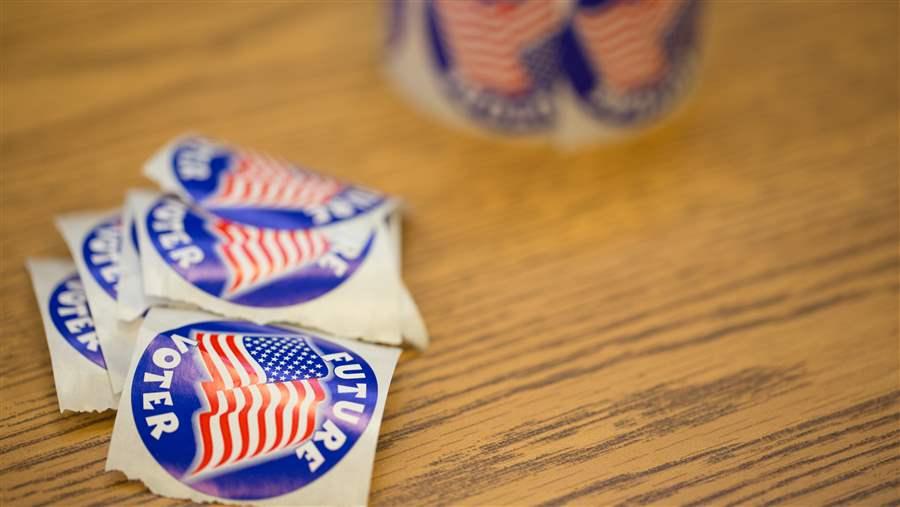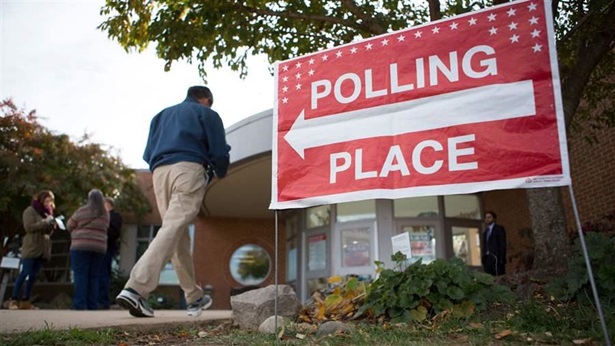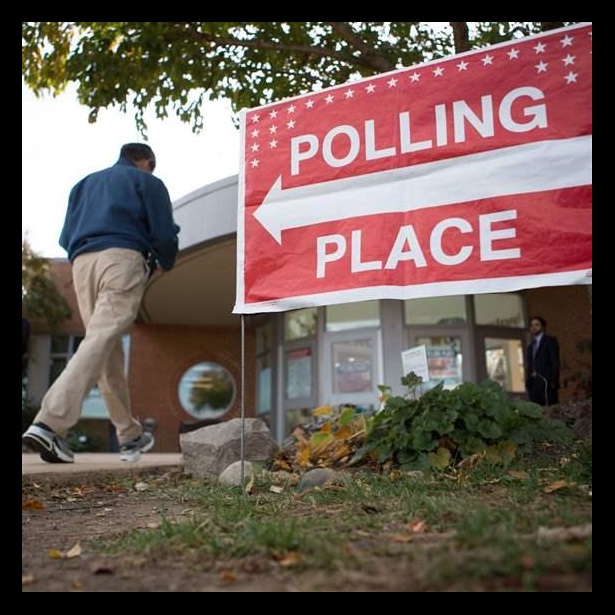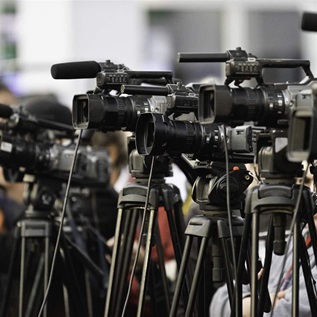Over 2 Dozen State, Local Elections to Get Voting Information Project Support This Fall
The Voting Information Project (VIP) continues to expand its support of state and local elections this year. As it did during the 2016 general election, VIP will provide critical information, such as polling place locations and ballot information, to voters who will cast ballots in at least 27 elections across 21 states this November, including the gubernatorial races in New Jersey and Virginia, and the U.S. Senate election in Alabama.
VIP is a partnership of The Pew Charitable Trusts, Google, and the states to ensure that voters have the official information they need to answer basic questions such as “Where is my polling place?” and “What’s on my ballot?” VIP data is available at no cost through a customizable widget and SMS (texting) tool, as well as the website Get to the Polls.
Forty-four states and the District of Columbia work with VIP to provide official election information to voters for statewide elections, and an increasing number also do so for local elections.
Since January, VIP has helped voters cast ballots in more than 70 statewide, local, and special elections, including statewide primaries in New Jersey and Virginia, special congressional races in Montana (an at-large congressional seat) and South Carolina (5th Congressional District), and numerous local contests ranging from a mayoral primary in Los Angeles to a special legislative election in Louisiana.
Alexis Schuler is the senior director and Monica Leibovitz is an officer for election initiatives at The Pew Charitable Trusts.









